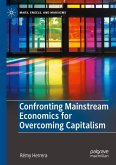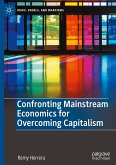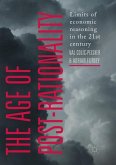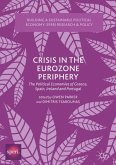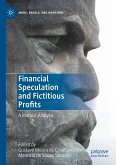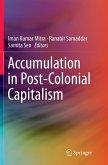This book seeks to explicitly engage Marxist and post-colonial theory to place Marxism in the context of the post-colonial age. Those who study Marx, particularly in the West, often lack an understanding of post-colonial realities; conversely, however, those who fashion post-colonial theory often have an inadequate understanding of Marx. Many think that Marx is not relevant to critique postcolonial realities and the legacy of Marx seldom reaches the post-colonial countries directly. This work will read Marx in the contemporary post-colonial condition and elaborate the current dynamics of post-colonial capitalism. It does this by analysing contemporary post-colonial history and politics in the framework of inter-relations between the three categories of class, people, and postcolonial transformation. Examining the structure of power in postcolonial countries and revisiting the revolutionary theory of dual power in that context, it appreciates and explains the transformative potentialities of Marx in relation to post-colonial condition.
Bitte wählen Sie Ihr Anliegen aus.
Rechnungen
Retourenschein anfordern
Bestellstatus
Storno


